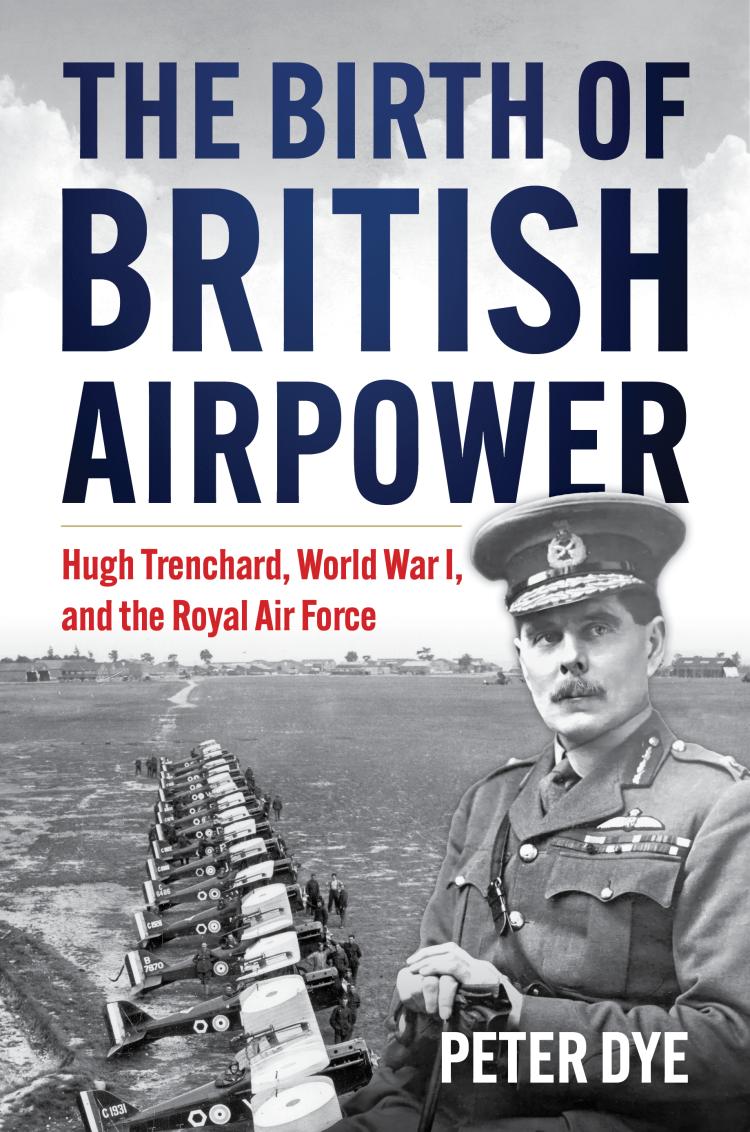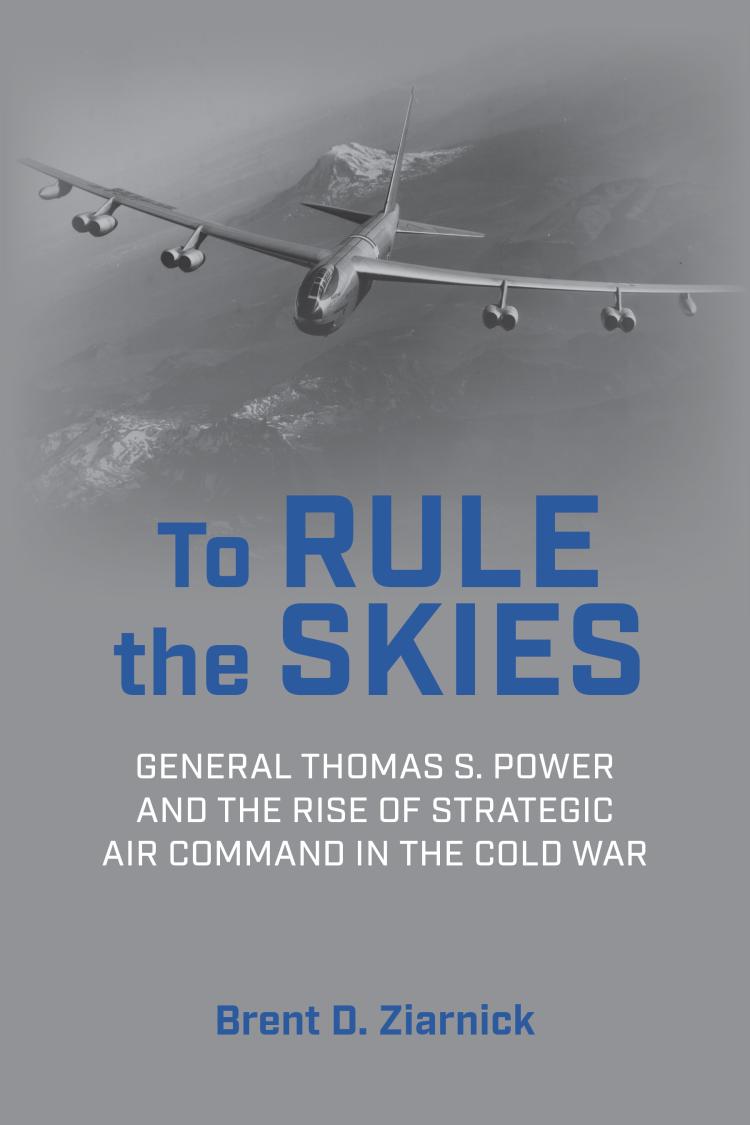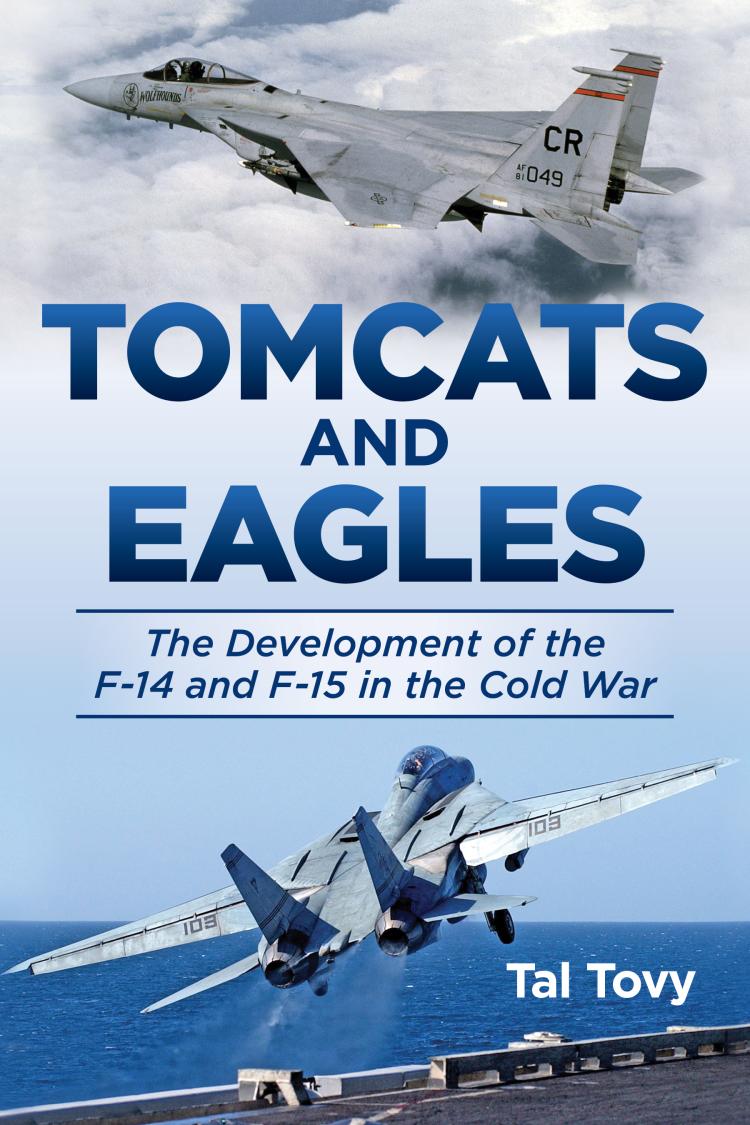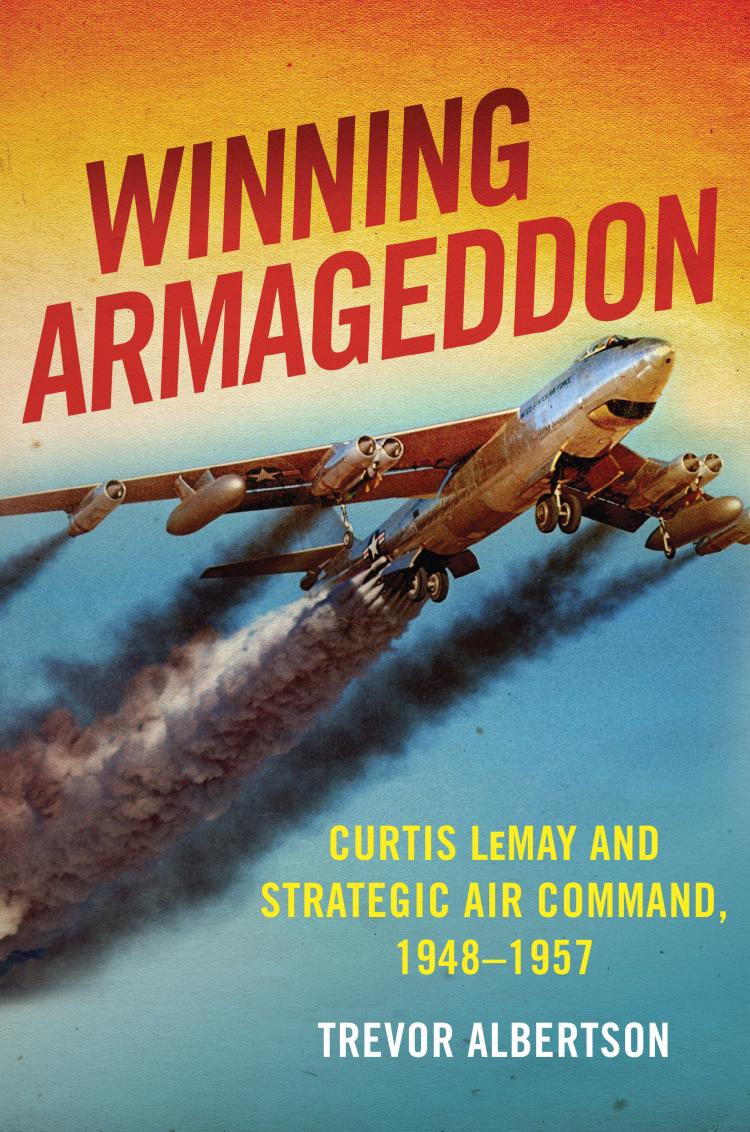The Birth of British Airpower
Hugh Trenchard, World War I, and the Royal Air Force
- Subject: Fall 2024 Catalog | Aviation & Space | World War I
- Format:
Hardcover
- Pages:
302pages
- Illustrations:
22 B/W Photos, 6 Figures
- Published:
October 15, 2024
- ISBN-10:
1682471829
- ISBN-13:
9781682471821
- Product Dimensions:
9 × 6 × 1 in
- Product Weight:
24 oz
Overview
This illuminating work explores the importance of senior leadership in the development of the British Royal Air Force, focusing on the role of friendship and the influence of personality and character in delivering effective leadership. The lessons have continuing relevance in the exercise of command functions and the role of senior leaders.
More specifically, The Birth of British Airpower explains how Hugh Trenchard, a man with few obvious leadership skills, became a much-loved and inspirational commander who laid the foundations for British airpower on the Western Front in World War I and created the preconditions for the establishment of the world’s first independent air service, the Royal Air Force. It examines how friendship can overcome significant personal and character deficiencies and, by assembling the right senior leadership team, achieve greatness.
Trenchard was a poor public speaker who found it difficult to express himself either in speech or in writing. Fortunately for him, his close relationship with his personal assistant Maurice Baring, an accomplished poet, playwright, and author, provided the emotional and social support that he needed to succeed.
This book also demonstrates that the development of airpower doctrine in World War I was a slow process that owed as much to accident as to careful planning and how air superiority was only achieved by a sustained effort, underpinned by an effective and responsive logistic system. Finally, it explains how the ethos of the post-war air force was built around these experiences, and the collective effort of all those involved in the air war.
More specifically, The Birth of British Airpower explains how Hugh Trenchard, a man with few obvious leadership skills, became a much-loved and inspirational commander who laid the foundations for British airpower on the Western Front in World War I and created the preconditions for the establishment of the world’s first independent air service, the Royal Air Force. It examines how friendship can overcome significant personal and character deficiencies and, by assembling the right senior leadership team, achieve greatness.
Trenchard was a poor public speaker who found it difficult to express himself either in speech or in writing. Fortunately for him, his close relationship with his personal assistant Maurice Baring, an accomplished poet, playwright, and author, provided the emotional and social support that he needed to succeed.
This book also demonstrates that the development of airpower doctrine in World War I was a slow process that owed as much to accident as to careful planning and how air superiority was only achieved by a sustained effort, underpinned by an effective and responsive logistic system. Finally, it explains how the ethos of the post-war air force was built around these experiences, and the collective effort of all those involved in the air war.
About the Author
Editorial Reviews
"Peter Dye may be my favorite airpower scholar. Having previously written a fascinating work on logistics in World War I, Dye expands his airpower aperture to give us deep insights into the early Royal Air Force (RAF). His focus on the leadership and professional relationships of the RAF’s father, Sir Hugh Trenchard, greatly expands our understanding of the period, especially key institutional dynamics. Ultimately, this lively and creative work provides compelling new insights into a well-trodden subject."—Heather Venable, Course Director, Airpower Strategy and Operations, U.S. Air Command and Staff College








